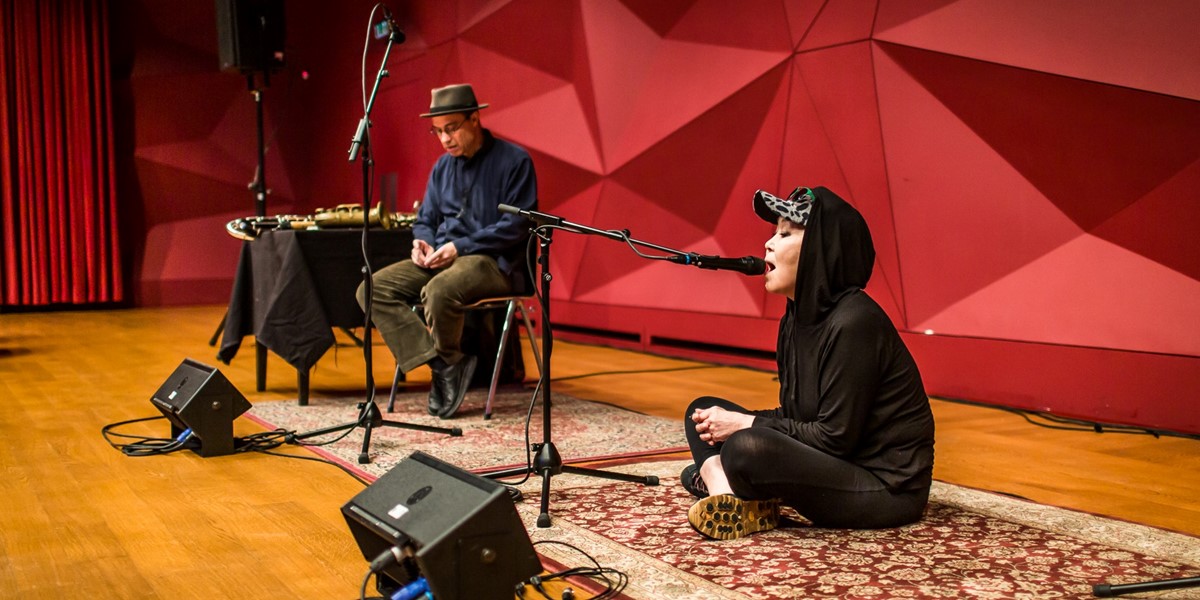Wednesday, December 4, 2019
A world of jazz and beyond at Poland's Jazztopad
As jazz festivals around the world start to embrace international sounds, Martin Longley got to grips with the eclectic line-up of the Jazztopad festival in Wrocław

Ned Rothenberg and Sainkho Namtchylak © Sławek Przerwa

Register now to continue reading

Thanks for visiting the Songlines website, your guide to an extraordinary world of music and culture. Sign up for a free account now to enjoy:
- Free access to 2 subscriber-only articles and album reviews every month
- Unlimited access to our news and awards pages
- Our regular email newsletters


